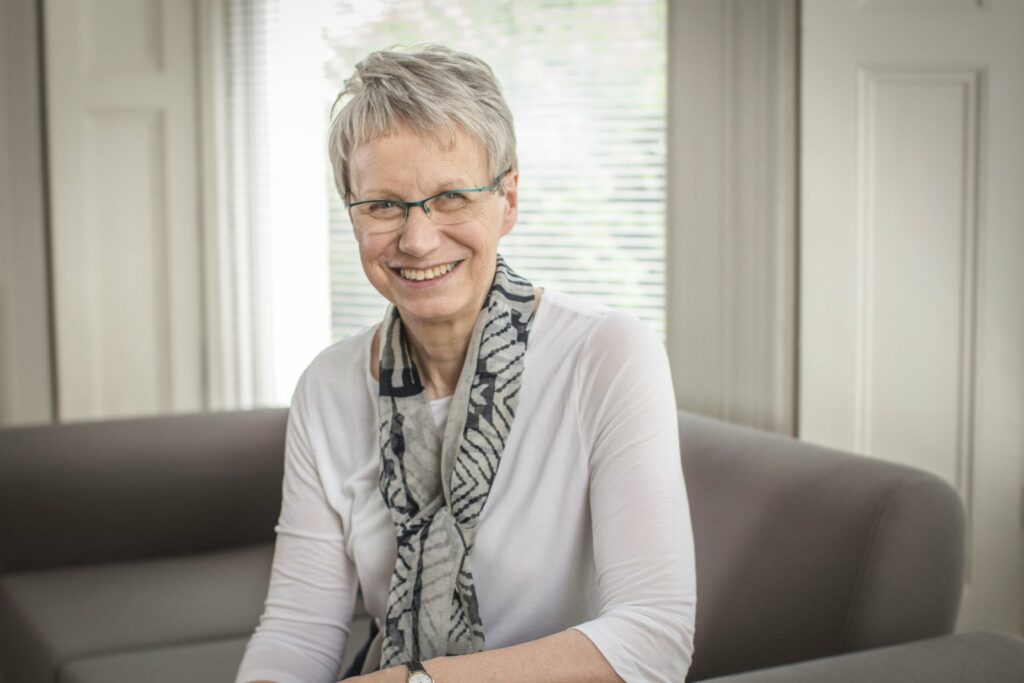In this edition of our Spotlight on Universities series, we spoke to Judith Petts CBE – Vice-Chancellor at University of Plymouth. Judith shares her perspective over how uni’s have adapted over the last 12 months and whats on the horizon, post-pandemic.
Please can you start by giving us some background to yourself and what you’re responsible for at Plymouth Uni?

“I’ve been the Vice-Chancellor at Plymouth since February 2016 and I oversee the strategic direction of the university as a whole and am accountable for its performance. This includes the education of some 18,000 students in Plymouth, with a further ~8,000 students gaining a ‘University of Plymouth’ qualification through our partners, nationally and internationally.
“We were founded in the 1860s as a school of navigation. Our maritime location has ensured that marine sciences have remained a focus and significant international strength. But today we offer a comprehensive range of courses and, for example, are well-known for integrated healthcare provision – with one of the largest cohorts of nursing and health training in the South-West of England.”
How did the events and pressures of 2020 change the way that you communicated with Students at Plymouth?
“Like everyone else, in March we went into lockdown within 24-hours. In the early days, our job was to determine how best to protect our students’ education, their progression and for some, graduation – all whilst maintaining our high standards. Of course, we also had to continue to deliver university services but remotely.
“Communication with our students increased and it was particularly important for us to relay developing government guidance as soon as possible, not least that coming from the Department of Education. We quickly moved all our student service teams online, to ensure we were able to continue to offer a high level of support to anyone who needed it.
“We were particularly concerned about any students who would have difficulty studying from home, perhaps due to poor Wi-Fi or lack of equipment. We made it our priority to implement any special measures needed, to ensure no students were left behind.”
Related reading: How university chatbots benefit higher education
What positives came about from the changes from the past year?
“It was fantastic to see how well we worked across our functional teams, all pulling together and collaborating to solve the problems as they arose and to plan for the future.
“Technology was central to enabling us to continue teaching, but it was important lecturers were able to adapt their delivery without letting online detract from the content itself. I am proud of how our academics adapted to the ‘new normal’ so quickly, not least those who had previously not needed to deliver virtually. And considering, everyone academics and administrators, had at the same time to deal with the implications of the pandemic on their home and family lives.
“Communication was key and it was imperative our management teams kept in regular contact with each staff member, via telephone or video calls, to ensure they were coping and to maintain the sense of community Team working has been central to supporting our students and staff through this difficult period.”
Related reading: Live chat automation: 9 benefits to consider
How are University of Plymouth looking to continue to adapt in 2021?
“We are refreshing our digital strategy, to ensure we can improve both our face-to-face and blended learning model.
“There is certainly an opportunity for online learning to play a supportive role in face-to-face learning. It allows students to come back to a topic they may have missed or when they need a second look. Virtual access can help to prepare students for new ‘physical’ experiences – for example laboratory or field work. Peer-to-peer support can be assisted through online methods.
“But, at the end of the day, our university is a community and being together physically is core to the whole student experience (learning and social). Of course, for many of our students learning in the real-world, for example on placement in the health service or teaching, is also essential.
“In short, the pandemic has really served to accelerate our use of technology and we will take these learnings in to 2021 and beyond, to ensure we continue to give our students the best possible experience to ensure successful outcomes.”
Your students need you
Follow the Spotlight Series of the Futr blog to discover more insights on digital transformation in schools and universities. Contact the Futr team to see how live chat and chatbots for universities can supercharge admissions and Clearing processes.
Book a FREE demo today, and we’ll take care of the rest.

